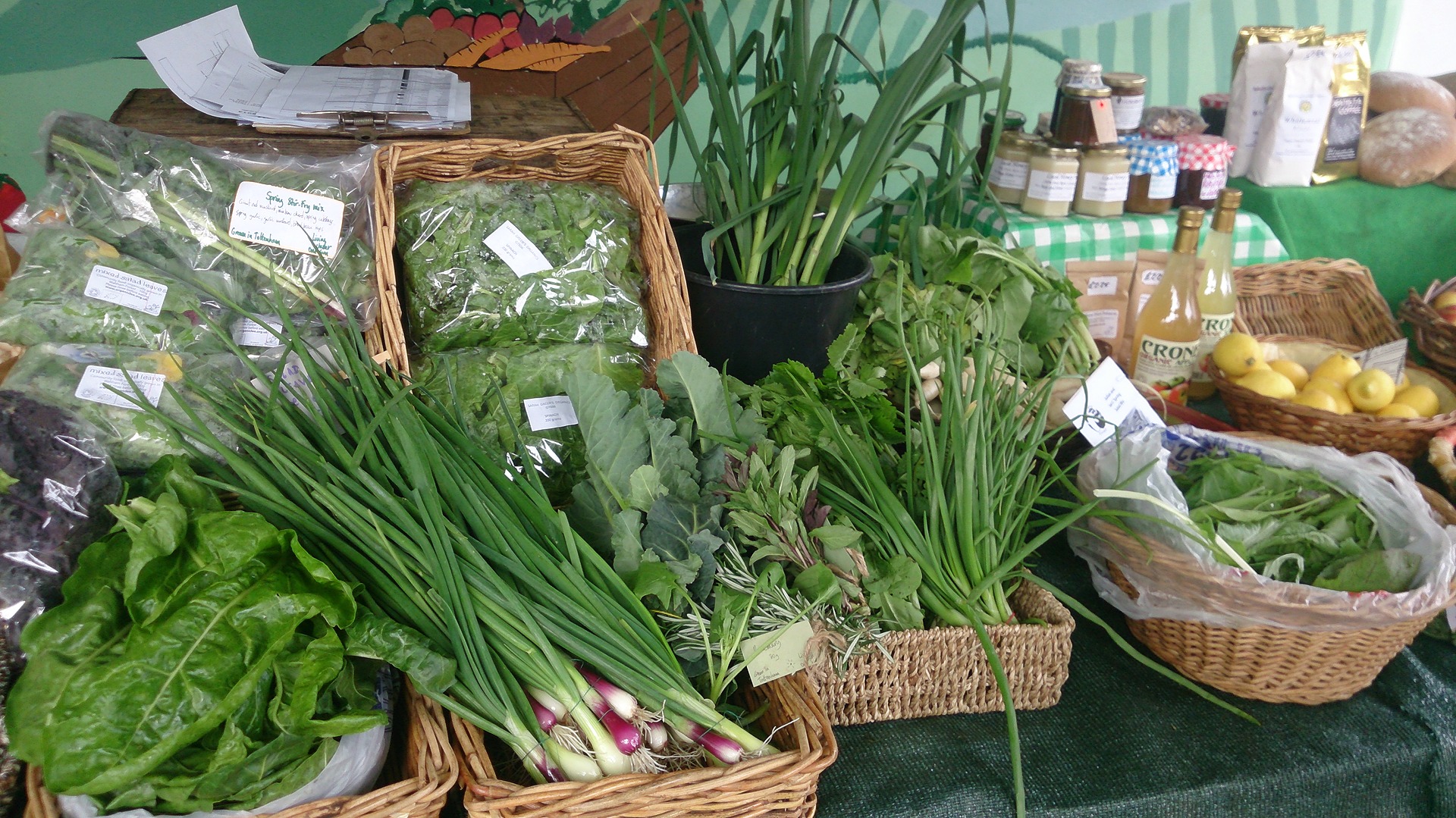Europe: “Report on Farm to Fork is a step in the right direction but more ambition is needed”, ECVC

The European Parliament today adopted an own-initiative report by the ENVI and AGRI Committees on the Farm to Fork Strategy. The result is encouraging, but is it enough to tackle the issues at stake?
European Coordination Via Campesina (ECVC), the regional arm of La Via Campesina in Europe, welcomes the report as a whole. It demonstrates various positive intentions from the Parliament to work towards a strong and effective Farm to Fork (F2F) Strategy.
ECVC particularly welcomes the reference to the need to allow farmers to access fair prices, as well as having fair and affordable food costs for consumers. It recognises the effort to work in general towards sustainable, fair and resilient food systems, including economic and social aspects along the whole food chain. ECVC also agrees with the Parliament’s insistence on ensuring that F2F objectives are also applied in the framework of the Common Agricultural Policy (CAP), as well as the need to review public procurement legislation to allow public institutions to prioritise sustainable food production, traditional foods and consumption of local and seasonal products.
However, ECVC remains sceptical about the potential for change that this text allows for the following reasons.
Firstly, the National Strategic Plans for the CAP are still under construction and doubts remain as to how far they will integrate the Strategy into their final contents.
Secondly, ECVC does not see any intention to ensure European trade policy is subject to the Green Deal and the F2F Strategy, be it at the level of trade agreements or competition rules or increased public intervention in the markets. Without this, the effective impact of the F2F Strategy on the sustainability of the food chain will be considerably reduced. We need greater economic coherence to ensure an inclusive and just transition of small and medium farmers, through fair prices from production to consumption.
Thirdly, ECVC is concerned about the report’s strong narrative to encourage digitalisation and the integration of new technologies. Confusing innovation with digitalisation is a serious mistake. In the current state of development of real data collection systems, typical of the digital economy including in agriculture (with Digital Sequence Information – DSI, Big data, Geographical Information Systems – GIS, …), there are no guarantees of any kind for users, regarding data use and control in the absence of an effective and efficient legislative framework. Moreover, these technologies are only suitable for large, highly capitalised companies.
Although this report is a step in the right direction, we believe that by wanting to tackle the problem of climate change and biodiversity loss without questioning European trade policy, by not calling for greater public intervention in the markets and by blindly believing in technology as the main solution, the strategy is not equipping itself with ambitious means to achieve its objectives.
For media queries click here
